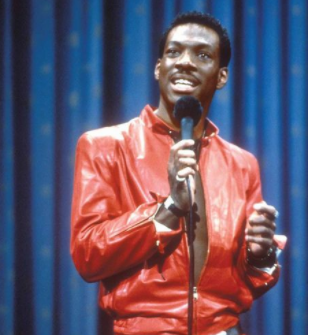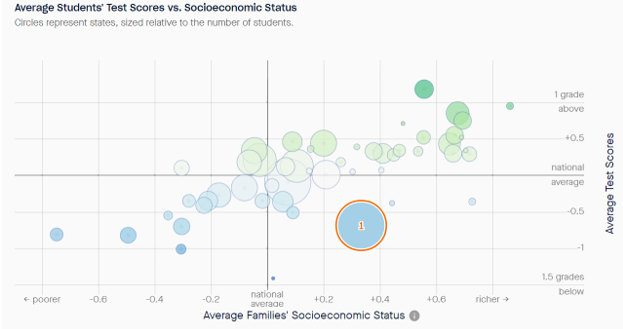 In a classic bit in his comedy special “Delirious,” Eddie Murphy comments on how strange it is that people hang around in haunted houses in movies like “The Amityville Horror”:
In a classic bit in his comedy special “Delirious,” Eddie Murphy comments on how strange it is that people hang around in haunted houses in movies like “The Amityville Horror”:
“I would have been in the house and said, ‘Baby, this is beautiful! We got a chandelier hanging here, kids outside playing, it’s a beautiful neighborhood, I really love this, this is really nice …”
An unseen demonic voice urges, “Get out!!!”
“It’s too bad we can’t stay!”
An increasing number of American families have adopted the attitude that the nation’s public-school system is a sunk cost and have made alternative plans to ensure the future of their children. Home-schooling is at an all-time high, micro-school pods have exploded, and lawmakers are busily and wisely expanding parental choice programs.
In the chart below, the Educational Opportunity Project at Stanford University marks the nation’s largest state, California, as 1. The median home value in California in September 2021 was $808,890, which would assure your children a spot in a public-school system that is well below average in terms of academic outcomes.
Is it any wonder that Silicon Valley invented pandemic pods?

If you’re wondering how it’s possible for a state to be so wealthy and inept, a Riverside, Calif., student recently did all of us a favor by filming a Trigonometry class; the clip went viral. The district placed the teacher on paid leave for the cultural insensitivity of whatever it was she was doing.
Mere pedagogical incompetence, however, remains beyond the reach of a school board to address, as the reader can clearly see from the chart.
The eggs of far too many public schools have begun frying themselves, and the fridge is strangely growling out, “ZUUL!”
If you are confused as to what to do, just remember “WWEMD,” or “What Would Eddie Murphy Do?”


